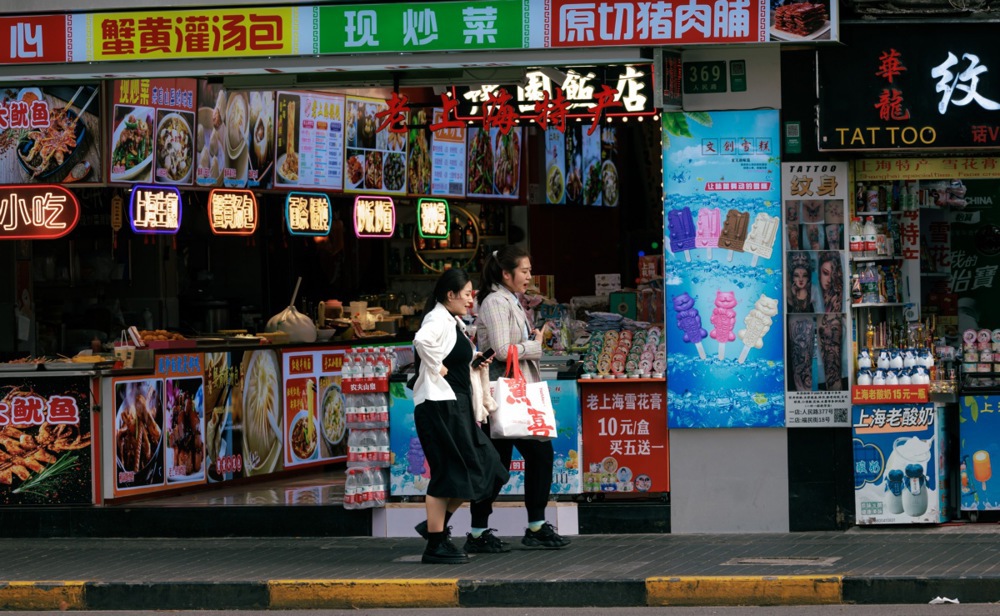Europe risks being left behind by India after being outpaced by China, conference-goers heard on September 3.
Suman Bery, vice chair of the Indian Government body for economic strategies, warned Europe not to follow the same path it did with Beijing at the Brussels conference.
“The question that Europe faces is, has it learned from what happened with China?” he said.
“Do they see their future in a growing world? Is there a political consensus?” Bery asked, arguing that India offered both industrial growth and expanding consumption.
“And [did they learn] from their degrowth?” he added.
The warning came just after India took part in a summit with China, Russia and other emerging powers.
Europe’s economy is growing, albeit slowly. Latest European Commission figures showed GDP expanded by 0.7 per cent in the euro area and 0.8 per cent across the European Union in 2024, after just 0.4 per cent in both zones the previous year.
Quarter by quarter, growth in Q3 2024 was 0.4 per cent in the euro area and 0.3 per cent in the EU. Brussels has forecast modest expansion ahead, with EU GDP projected to rise by 1.1 per cent over 2025.
India’s economy is expected to expand by 6.5 per cent in the fiscal year ending March 2025, according to latest forecasts. In the April to June quarter alone, GDP grew by 7.8 per cent year-on-year, according to the India Government Press Information Bureau. That is far above the 6.7 per cent expected by most economists, despite new US tariffs on Indian goods.
At the conference, hosted by Brussels-based Bruegel Institute, Yo Kichuki, board member at the Japan Bank for International Co-operation (JBIC), said: “Now India is the first destination for Japanese companies because of market and manufacturing growth.”
JBIC is a state-owned development and export credit bank that funds overseas projects by Japanese companies and helps secure resources for Japan. Its priorities are said to be shifting rapidly toward India, reflecting wider political goals.
Just days earlier, Indian Prime Minister Narendra Modi and his Japanese counterpart Shigeru Ishiba agreed in Tokyo to raise Japanese private investment in India to around $6.8 billion (5.8 billion)annually over the next decade, compared with about $2.7 billion (2.1 billion) a year in the 2010, AP news reported on August 30.
They also pledged to expand exchanges of workers and students to half a million within five years, with Japan looking to India’s young workforce to help offset its own labour shortages. Modi called Japanese technology and Indian manufacturing “a winning combination”.
Bery also pointed to Europe’s role in shaping global governance. “The very important decision not to abolish the G7 was taken in 2008. That would have been the obvious thing to do,” he said.
In 2008, during the global financial crisis, many experts thought the G7 might be abolished because the G20 — which included emerging powers such as China, India, and Brazil — had become the main forum for managing the crisis.
Yet the G7 was preserved as a smaller platform for advanced economies to co-ordinate their stances before G20 sessions.
“It has become more of a lobby … and if you see [others] as a spare tyre [fifth wheel], you invite the creation of something like the BRICS [Brazil, Russia, India, China, South Africa, Egypt, Ethiopia, Indonesia, Iran and the United Arab Emirates],” he said.
The Brics began holding summits in 2006 to work together on global economic issues. In 2010, South Africa joined.
The China summit underlined those ambitions. Its declaration, signed by the 10 members, pledged to strengthen co-operation and defend multilateral trade “in the face of unilateral bullying resurfacing”.
Le Monde noted on September 1 that China’s President Xi Jinping also used the Tianjin stage to present China as the centre of a new anti-western order.





